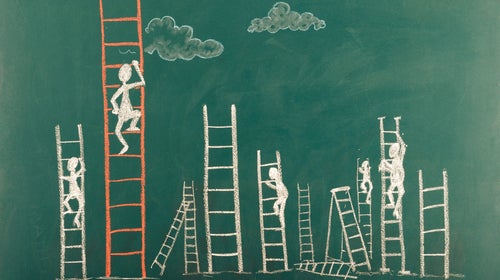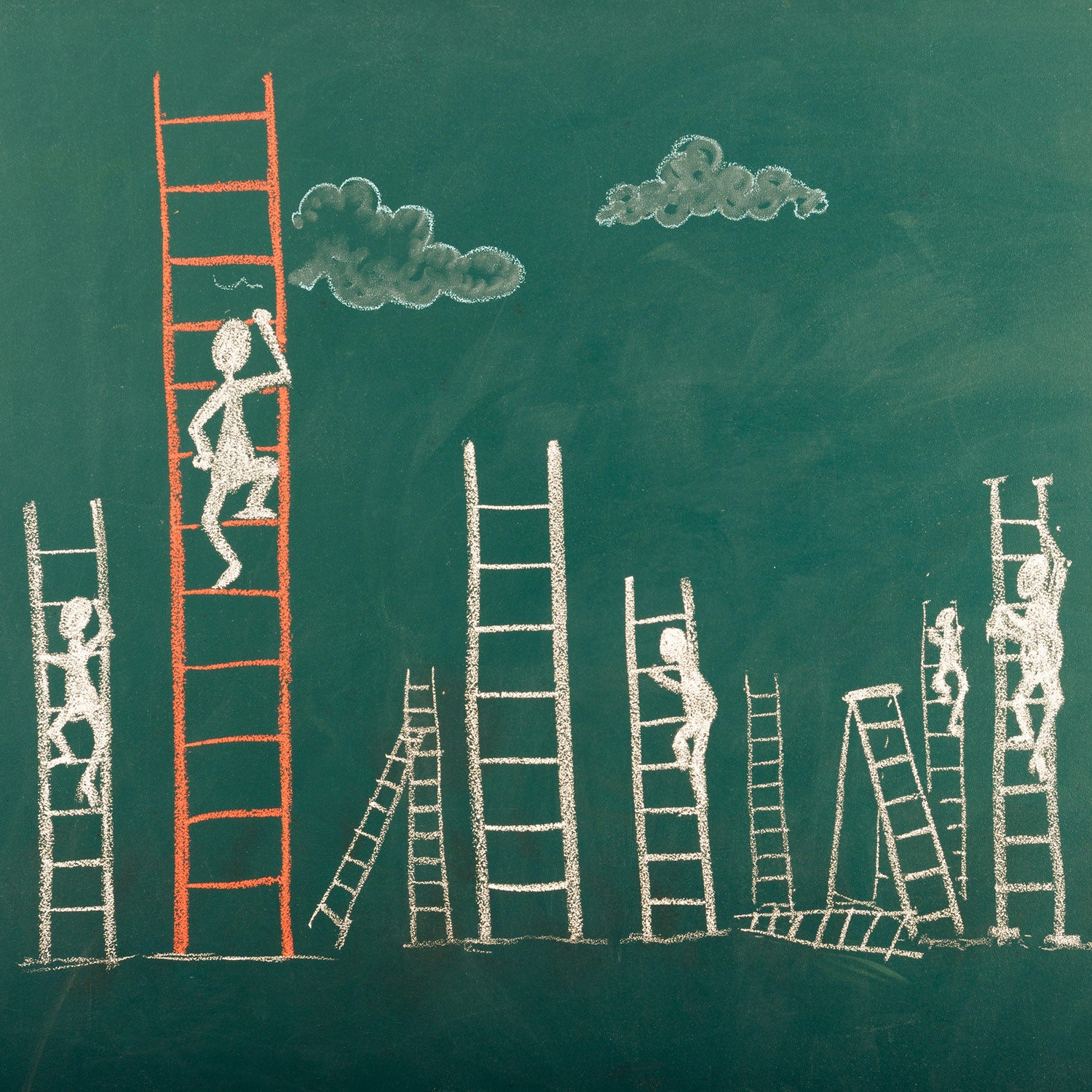Twenty months after COVID arrived on American shores and brought with itÔÇöin addition to so much ÔÇöa historical shot in the arm for the outdoor economy, weÔÇÖve hit a point at which industry experts are probably going to begin self-sorting into two groups. Half will say the ride is almost over, expect sales to level off any day. The rest will say weÔÇÖre still in boom days, folks, and the bubbleÔÇÖs not bursting any time soon.
If and when that debate gets going, IÔÇÖll be inclined to side with the latter camp. For proof, look no further than SeptemberÔÇÖs steady drumbeat of acquisition news.
We saw three big buys that, in any other year besides a pandemic one, might have left experts scratching their heads. In late 2021, I say they make perfect sense. Dometic, the publicly traded Swedish manufacturer of accessories for campers and RVs, , claiming the buy will ÔÇťsignificantly strengthen DometicÔÇÖs offering…for the outdoor market in North America.ÔÇŁ ThatÔÇÖs code for ÔÇťsell coolers to first-time campers.ÔÇŁ And it makes sense: according to the , the number of U.S. households that identify as ÔÇťactive campersÔÇŁ grew by a record 3.9 million in 2020.
Solo Stove, a camp cooking brand evidently flush with a boatload of private equity money, and now controls two new direct-to-consumer companies in the paddlesports category. No surprise there either: paddlesports sales also boomed during the pandemic. In February 2021, a year after the start of COVID crisis, kayak sales were up 51 percent over February 2020.
Even in related categories that arenÔÇÖt booming right nowÔÇöadventure travel, for instanceÔÇöindividual players are betting on the rising tide to lift those ships in the long term. Travis Campbell, a longtime industry executive, after its current owner, VF CorporationÔÇöparent company of The North Face, Smartwool, and othersÔÇömade the decision to sunset it earlier this year.
In other words, the smell of money is in the air. Cotopaxi is now in the next decade. The governor of Utah is to return to Salt Lake City from Denver. And DickÔÇÖs Sporting Goods is charging ahead with its plans to own a slice of the outdoor market by that specialize in tents and sleeping bags rather than the more traditional sporting equipment DickÔÇÖs has, until now, built its business around.
ItÔÇÖs all very exciting. But what of the outdoor economyÔÇÖs soul as all this expansion takes place? ThereÔÇÖs nothing like rapid growth and an influx of cash to nudge a still-nascent industry off its spiritual path (looking at you, Silicon Valley). The outlook is less sunny in areas like diversity and inclusion, which the industry , though some are trying. The California ski resort formerly known as ÔÇťSquaw ValleyÔÇŁ finally , for instance. Elsewhere, certain conscientious companies are continuing to live their valuesÔÇölike Patagonia, which .
Still, thereÔÇÖs work to do to keep pace with a maturing consumer ethos. An from Cairn (one of our sister brands) shows just how out of touch apparel companies remain when it comes to product sizing. Outdoor consumers are no longer the predictable, clicky insiders they once were. The industry is changing. If we want to avoid hollowing out the moral center, our largest businesses need to keep that in mind, tooÔÇödespite how pleasant those bottom lines are looking right now.


